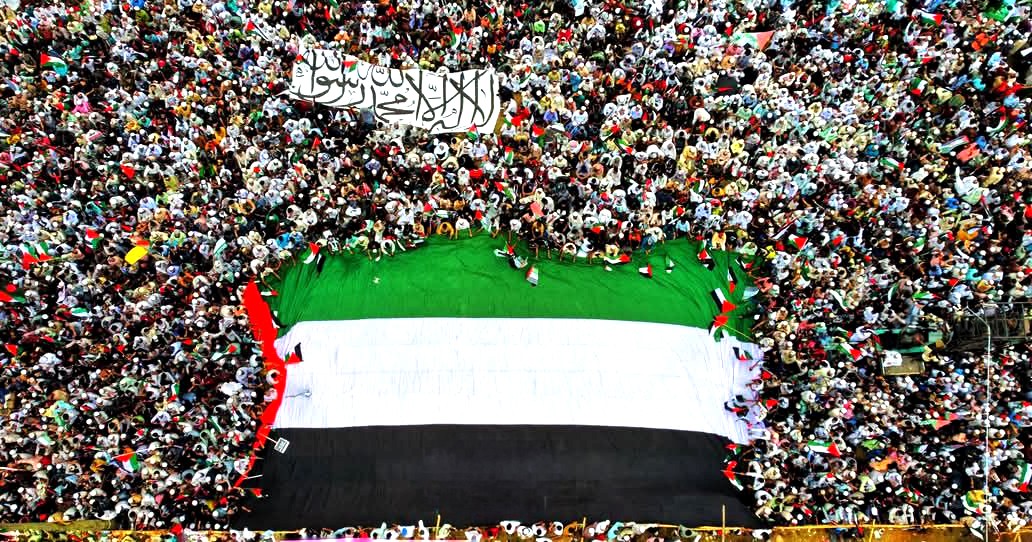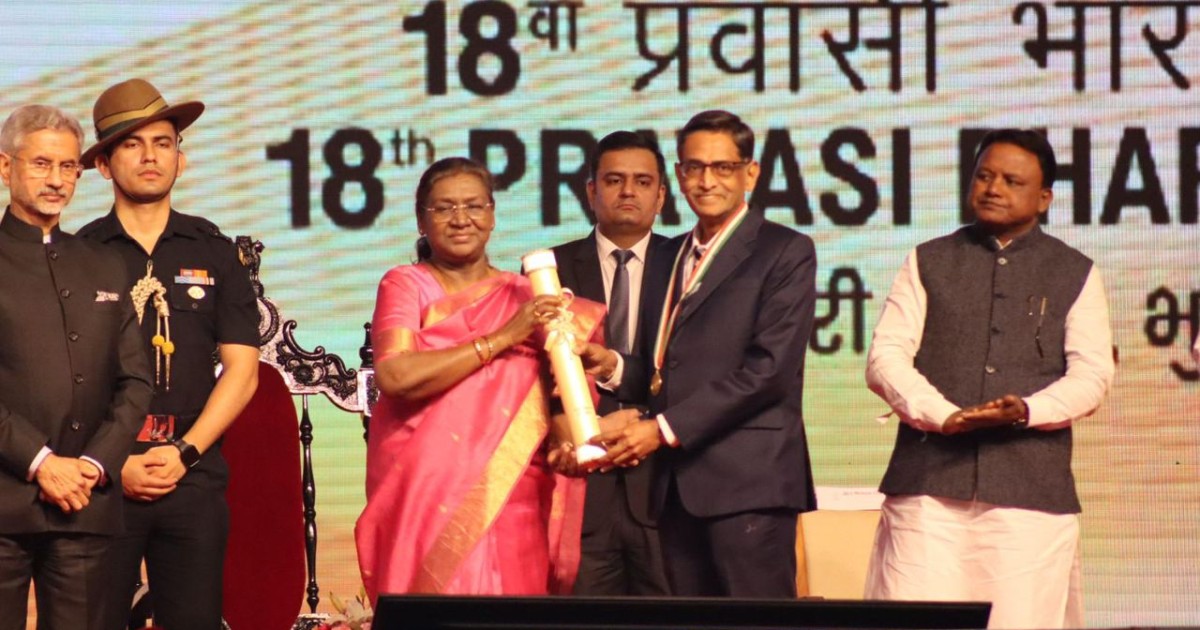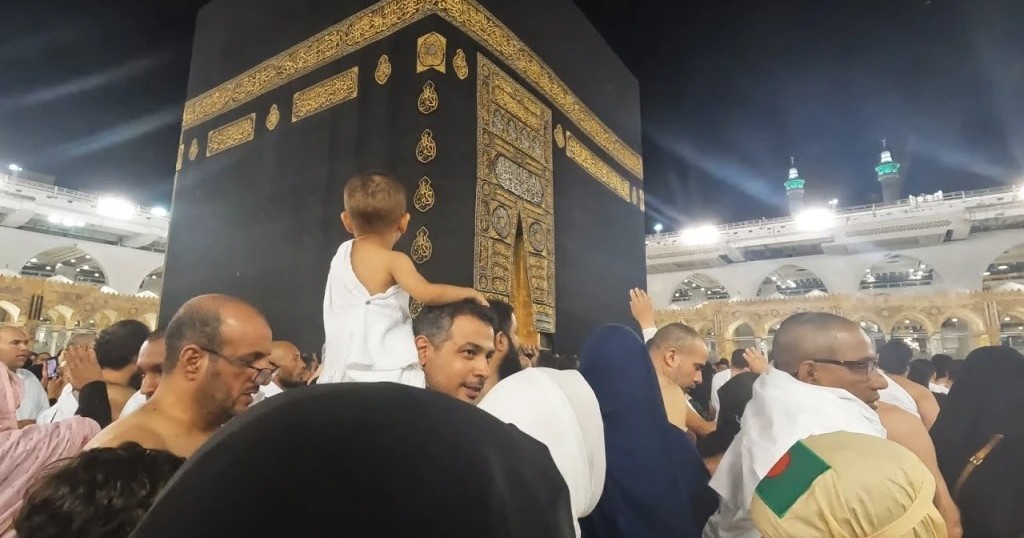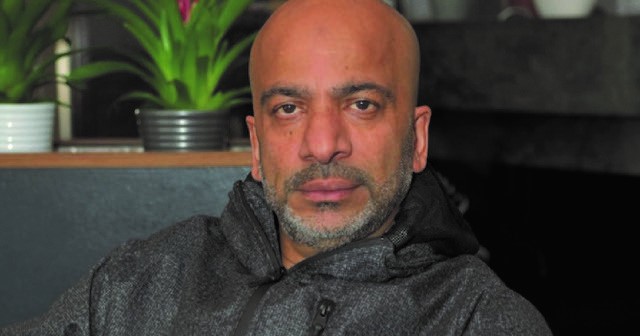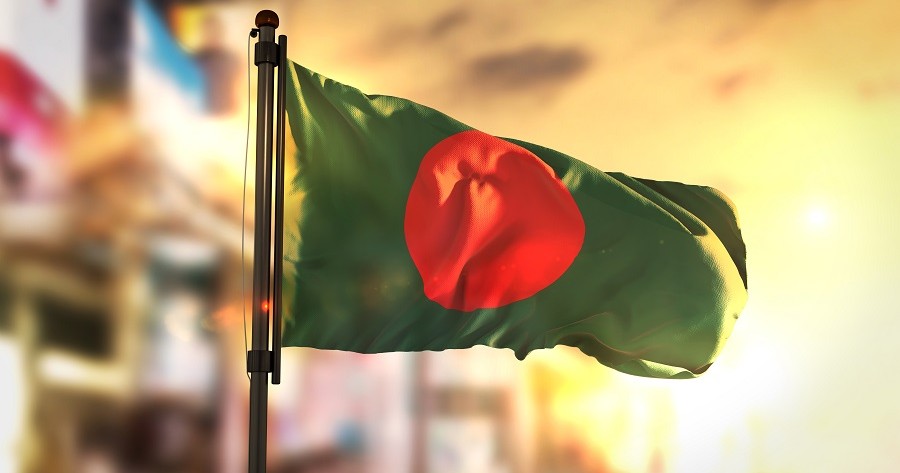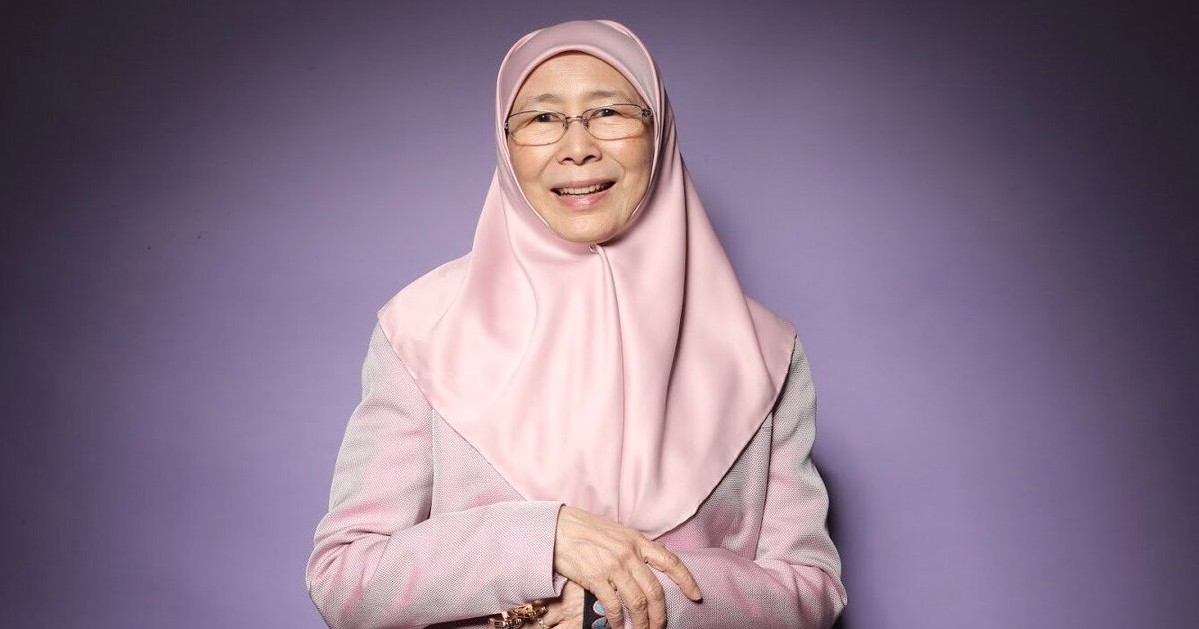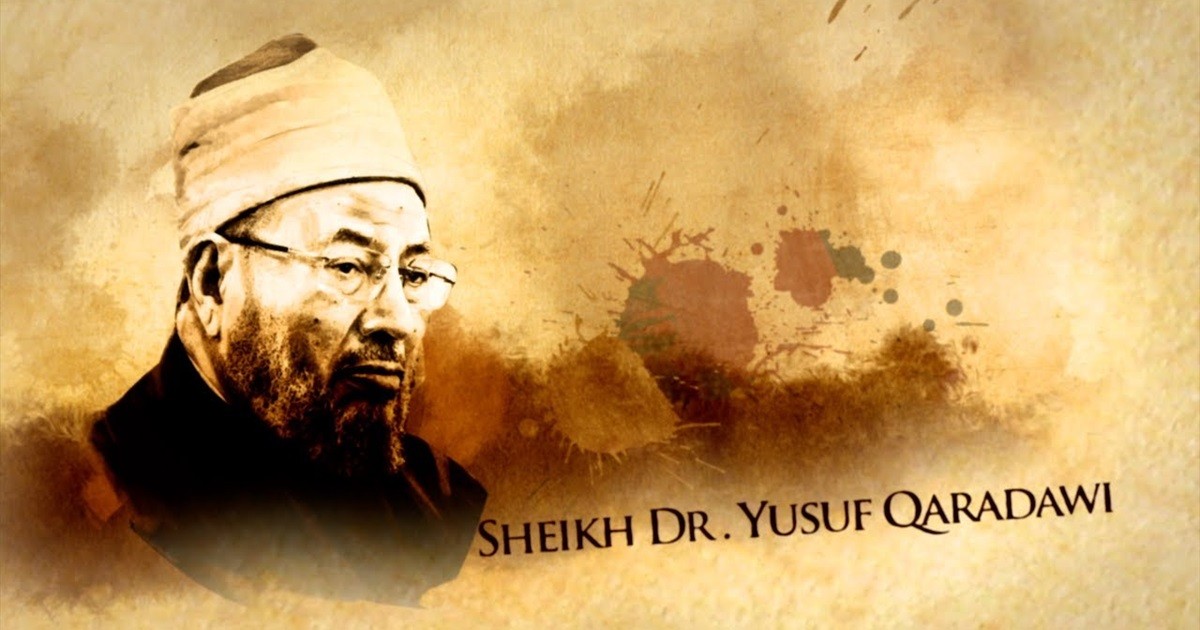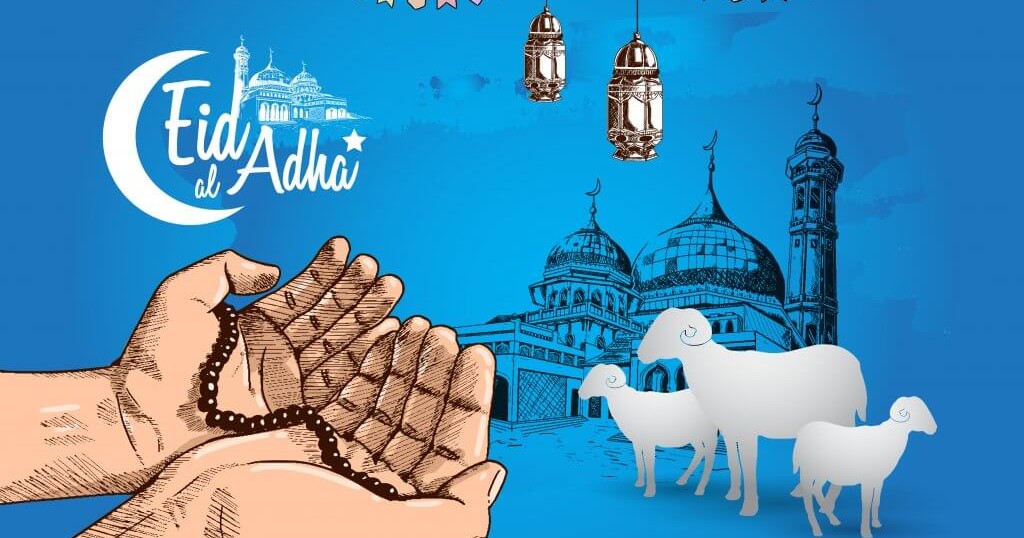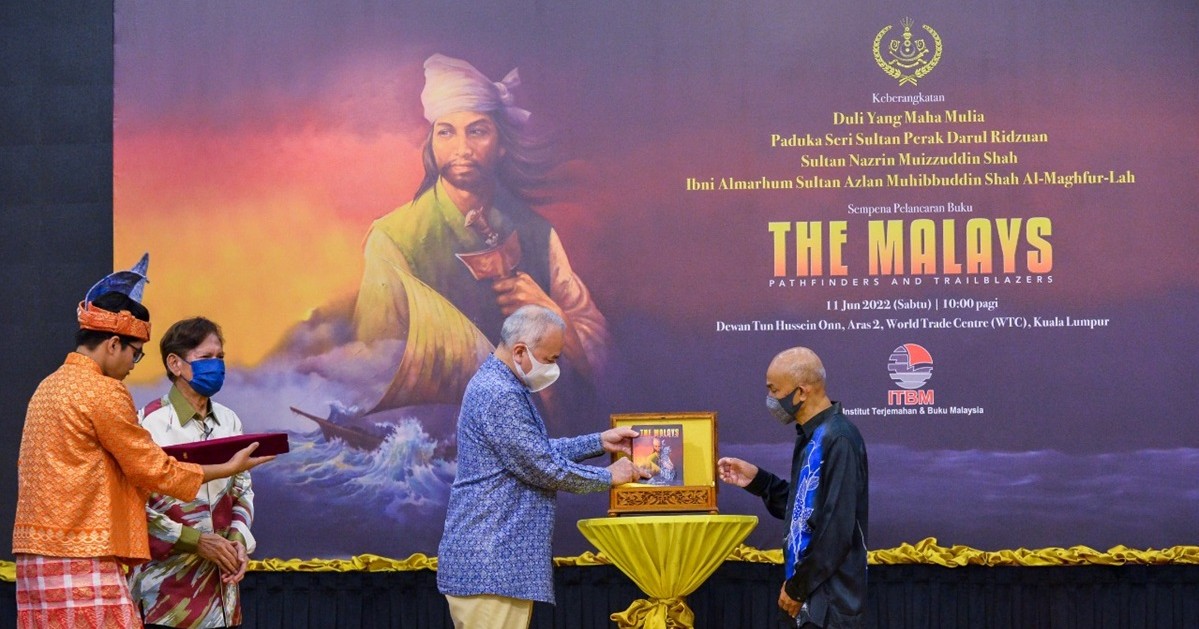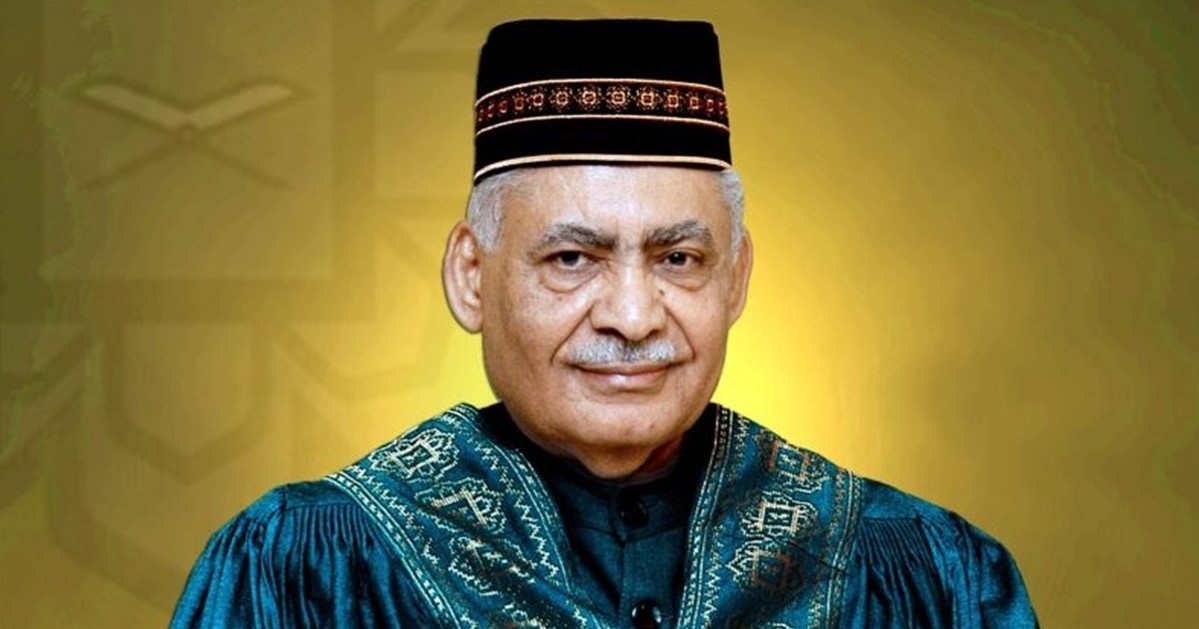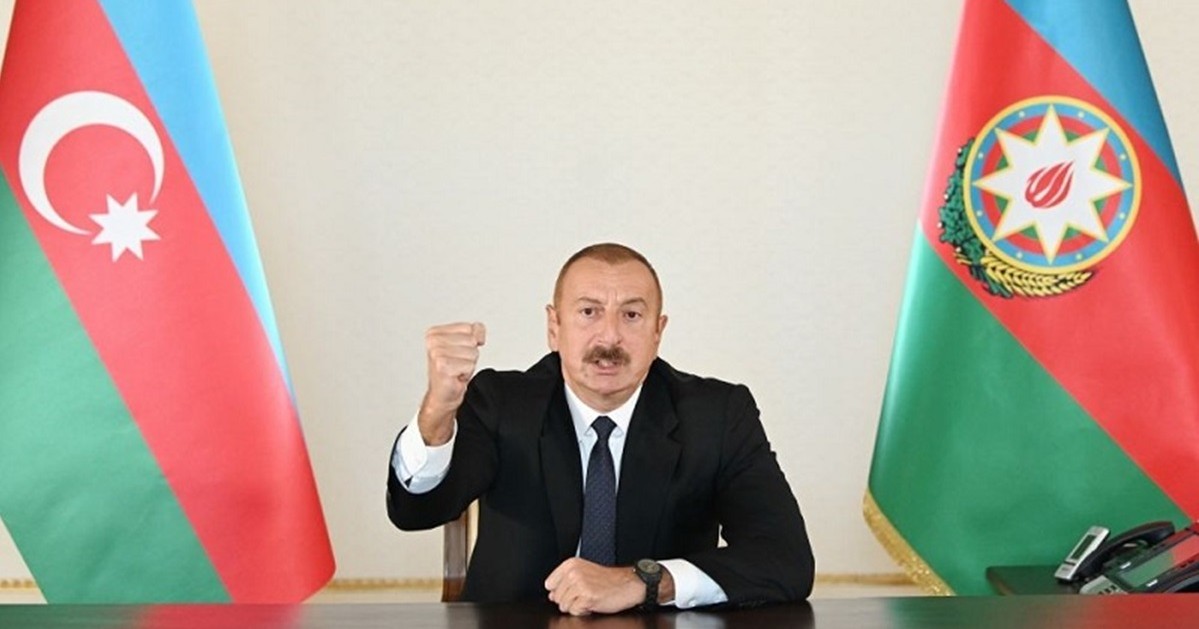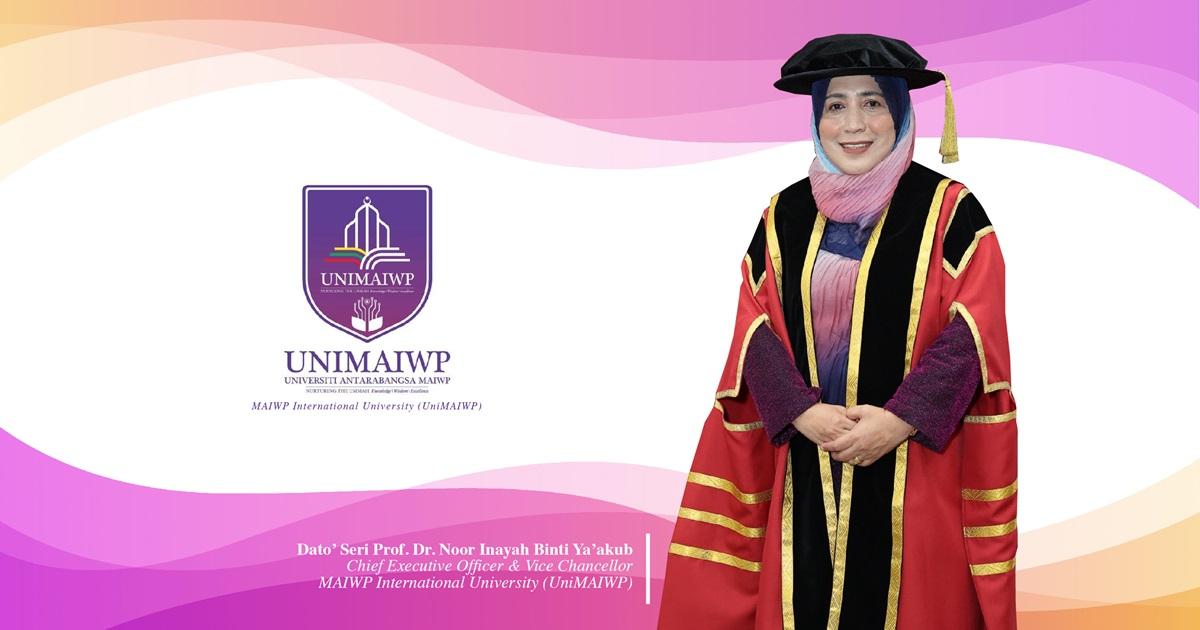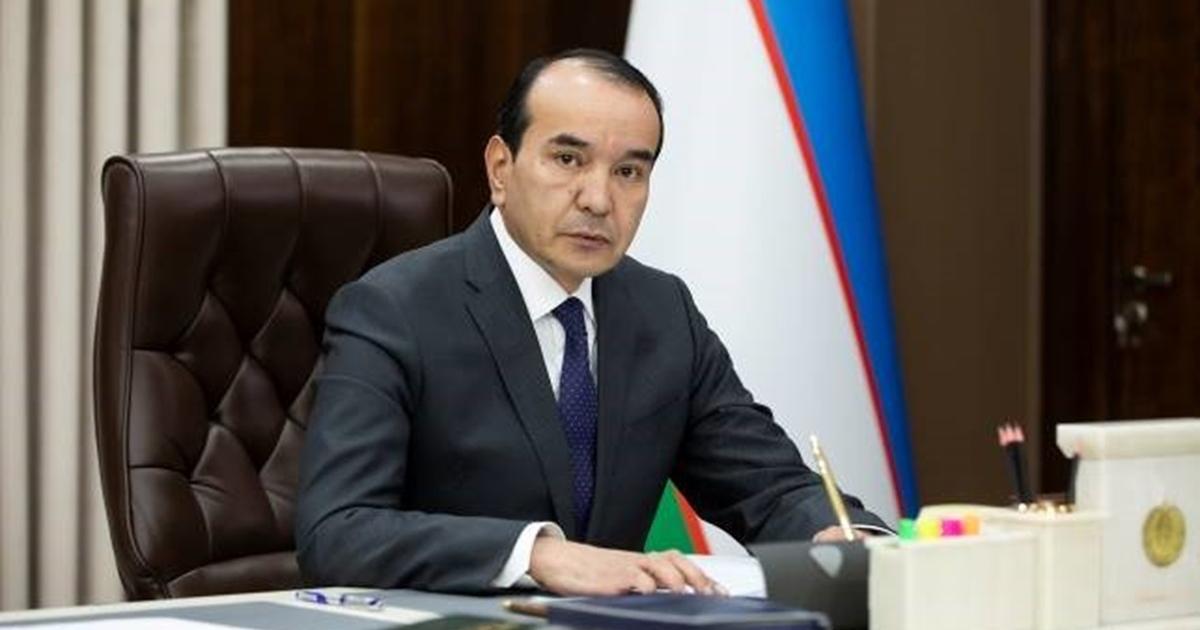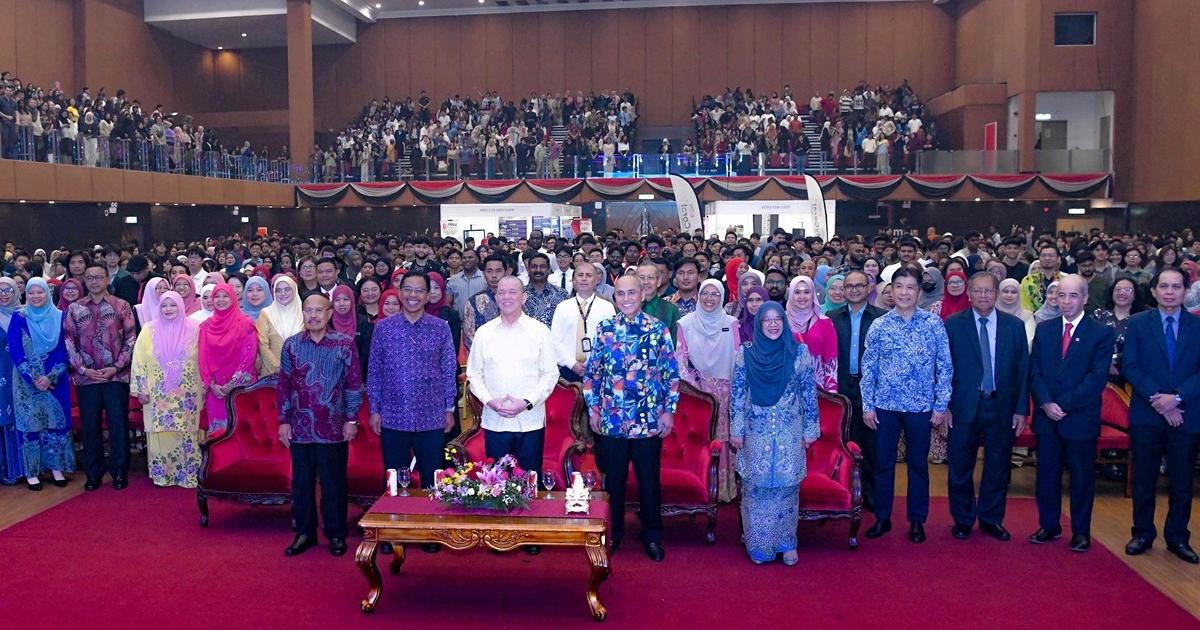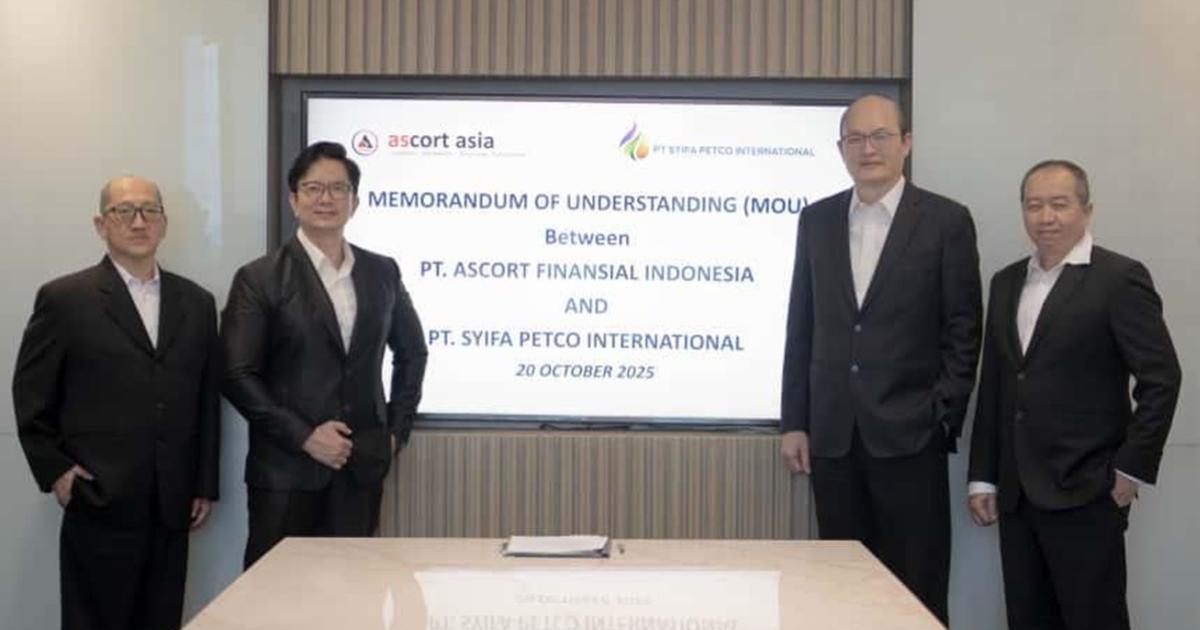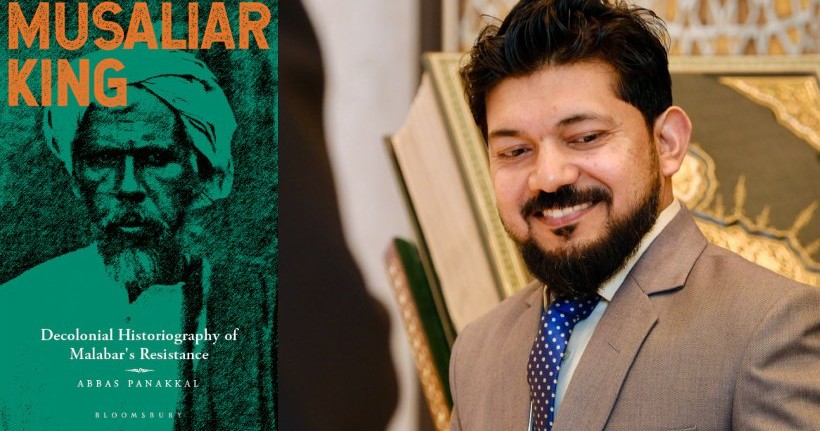
A Groundbreaking Study by Dr. Abbas Panakkal That Redefines the Narrative of Colonial Oppression and Community Solidarity in Malabar History
Dr. Abbas Panakkal's Musaliar King offers a pioneering decolonial perspective on the Malabar resistance, challenging colonial narratives and revealing the complexities of communal relations during a pivotal moment in history. Celebrating the anniversary of Ali Musaliar's arrest, this seminal work exposes historical fabrications and provides a nuanced understanding of the resistance, garnering acclaim from distinguished scholars worldwide.
Musaliar King: Decolonial Historiography of Malabar Resistance by Dr. Abbas Panakkal marks a momentous occasion in the field of historical scholarship. This pioneering work, the first English-language study published by Bloomsbury on decolonial historiography offers a fresh and critical perspective on the Malabar resistance.
Coinciding with the anniversary of Ali Musaliar's arrest in Tirurangadi on August 30, 1921, Musaliar King is set to transform understanding of this crucial historical event. Dr. Panakkal, a renowned historian at the University of St Andrews, provides a rigorous and innovative reinterpretation of the Malabar resistance from a decolonial viewpoint.
In this seminal volume, Panakkal challenges both colonial and post-colonial narratives. He disproves earlier accounts that framed the Pukkottur events as a ‘prelude to rebellion’, arguing instead that these were colonial fabrications. Musaliar King meticulously exposes the colonial strategy of exploiting communal divides. It demonstrates how accusations against the people of Pukkottur—presented as fanatical Muslims attacking landlords—were misleading. In truth, prominent Muslim figures supported the landlords, and conflicts were resolved with the help of Muslim tenants.
The book reveals that the Tirurangadi raid and subsequent massacres stemmed from personal grievances rather than iconflicts, notably the collector's wounded ego following a public protest in Calicut. Musaliar King also scrutinizes the actions of District Collector Thomas and Police Superintendent Hitchcock during the Tirurangadi incident. Panakkal uncovers how these officials acted against directives from the Madras Presidency, leading to the deaths of British officers, native police officers, and many locals. The book reveals how these officials manipulated propaganda to deflect blame and vilify resistance leaders.
Additionally, Musaliar King critically examines a widely circulated photograph from the August 1922 French magazine Science et Voyages. Panakkal presents new documentary evidence challenging the photograph's attribution to Variamkunnath Kunhamed Haji, revealing it instead to show Ali Musaliar and two unidentified individuals. Dr. Panakkal noted, “British archival sources unequivocally assign the entire responsibility for ‘initiating hostilities’ to Kunhi Kadir.” Kadir, who was the secretary of the Tanur Khilafat Committee at that time, is accurately described by the caption as someone who gave the ‘signal for the uprising,’ according to Dr. Panakkal. The British records also accuse Lava Kutty. of being responsible for the murder of British soldier. This accusation aligns with the caption's description of ‘murdering the English settlers,’ Dr. Panakkal explained. The book also critiques a British propaganda film that perpetuated these distortions.
This landmark volume will be available in various editions across India, the United Kingdom, the United States, Australia, and New Zealand, ensuring a global reach.
Musaliar King has garnered significant acclaim from a diverse array of distinguished international figures. For instance, Dr. Ameenah Gurib-Fakim, the former President of Mauritius, has praised the contribution. Similarly, Dr. Ross Edmunds Dunn, Professor Emeritus of History at San Diego State University, and Francis Robinson, Professor Emeritus of History at Royal Holloway, University of London, have lauded the work. Additionally, Adama Dieng, former United Nations Special Adviser on the Prevention of Genocide, has recognized these impactful efforts, as have many other prominent scholars in the academic field.
Musaliar King redefines the historical narrative of the Malabar resistance, shedding light on the genuine nature of the resistance and the profound community solidarity amidst colonial oppression. This transformative work is essential reading for historians, scholars, and anyone interested in an accurate and nuanced portrayal of colonial history.
Prof. Dr. Abbas Panakkal is a historian currently affiliated with the School of History at the University of St Andrews, UK. He also serves on the advisory board for the Religious Life and Belief Centre at the University of Surrey, UK. Dr Panakkal is engaged in a research project that investigates the processes of integration and indigenization within vernacular communities. His published works include Musaliar King (Bloomsbury, 2024), Southeast Asian Islam (Routledge, 2024), Matrilineal, Matriarchal, and Matrifocal Islam (Palgrave Macmillan, 2024), and South Asian Islam(Routledge, 2023). He holds directorial positions at both the Ibn Battuta International Centre of Intercultural Studies and the International Interfaith Initiative. Previously, he was a fellow at Griffith University in Australia. Dr. Panakkal’s research spans a diverse array of topics, including language, religion, law, indigenization, integration, interreligious engagements, and intercultural cooperation.
- Business News 100
- Country News 16
- Feature News 30
- International News 151
- Interview News 35
- National News 18






